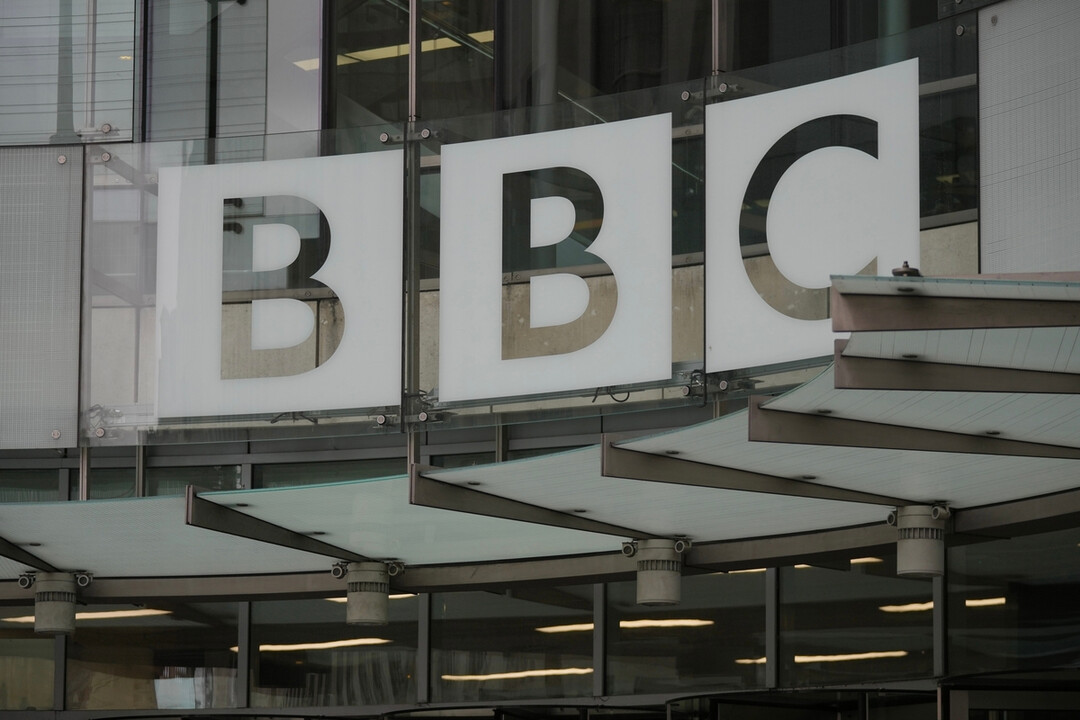
LONDON – The British Broadcasting Corporation (BBC), the UK's public service broadcaster, is currently weathering a severe financial downturn, compounded by a major legal threat. A new report highlights that the Corporation is on track to lose over £1.1 billion (approximately 2.1 trillion KRW or $1.35 billion USD) in potential revenue due to a growing refusal by viewers to pay the mandatory TV license fee. This financial distress comes as the BBC also faces the possibility of a colossal defamation lawsuit from President Donald Trump.
License Fee Avoidance Soars
The grim financial outlook was brought to light by the House of Commons Public Accounts Committee (PAC), which scrutinizes public sector spending. The PAC projected that the potential loss in income from the avoidance and refusal of the BBC license fee would exceed £1.1 billion in the 2024-2025 fiscal year.
The annual license fee, which funds the BBC's television, radio, and online services, is currently set at £174.50 per household or business, with plans to increase it to £180 next year. Crucially, the fee must be paid even by those who do not watch live TV but utilize the BBC's streaming app, iPlayer.
Declining Payer Base: The number of households paying the fee has dropped significantly, falling from 25.2 million in 2020 to 23.8 million last year.
Rising Evasion Rate: Over the same period, the rate of license fee evasion has jumped from 7.6% to a staggering 12.5%.
The BBC attributes this decline largely to the changing habits of viewers, many of whom are opting for subscription services like Netflix instead of traditional television. In a bid to counter this trend, the BBC’s collection agency dramatically increased enforcement efforts, visiting 2 million non-paying households last year—a 50% increase from the previous year.
Parliamentary Scrutiny and Accusations of Laxity
The Public Accounts Committee, however, was highly critical of the BBC’s efforts. It argued that the Corporation is not doing enough to ensure compliance, stating that the high evasion rate undermines fairness for those who do pay and compromises the fundamental principle of the license fee: providing services to all viewers.
"It is inequitable for law-abiding viewers to subsidize those who deliberately choose not to pay," the PAC report effectively noted. "The BBC must demonstrate that it is taking every reasonable step to secure the funding base intended to support its universal service mandate."
The Trump Litigation Threat
Adding fuel to the fire, the BBC is simultaneously embroiled in a high-stakes controversy with President Donald Trump. The dispute stems from a documentary titled Trump: The Second Chance?, which aired just before the US presidential election in November 2024. Critics allege the program selectively edited a portion of Trump's speech to make it appear as though he was inciting the January 6, 2021, Capitol riot.
On November 14, Trump announced his intention to file a massive defamation lawsuit against the BBC, seeking damages of up to $5 billion (approximately 7.3 trillion KRW). While a formal complaint has not yet been filed, the mere threat of such a high-value action looms large over the organization, further destabilizing its financial and reputational standing as it struggles to maintain its primary source of income.
The confluence of mass viewer defection and the threat of a seven-trillion-won lawsuit has placed the venerable institution in one of the most precarious positions in its recent history. The coming months will be critical in determining the future financial health and operational scope of the BBC.
[Copyright (c) Global Economic Times. All Rights Reserved.]




























